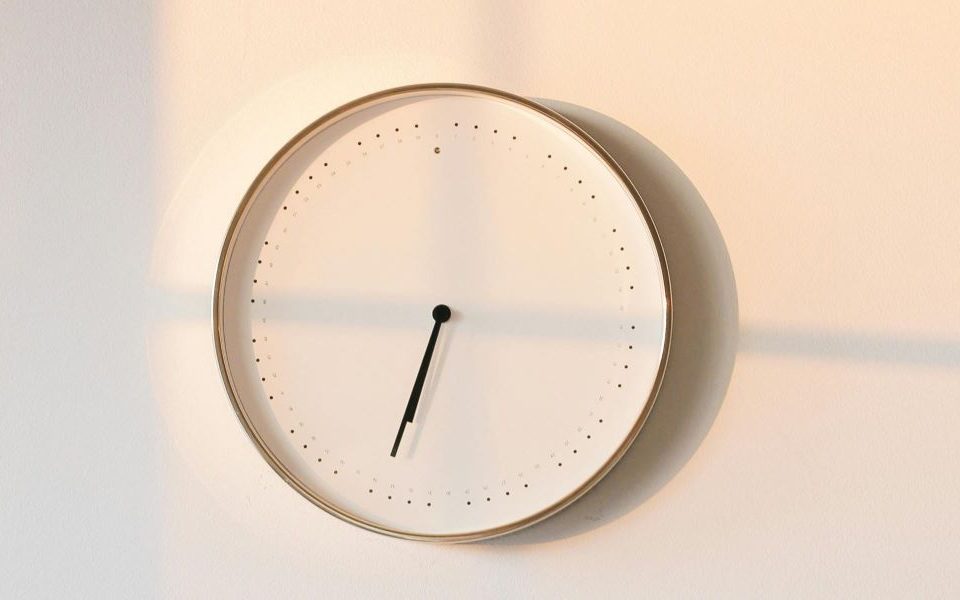
Protect the Brain with Sleep
March 26, 2021
Six Rituals That Will Actually Help You Sleep
April 23, 2021It’s common for clients who call me to mention that they’ve tried melatonin to help them sleep. After all, it’s a readily available supplement sold over-the-counter. And physicians and peers alike are quick to suggest it when someone brings up that they’ve struggled with sleep. These days you can get melatonin gummies or powdered drink supplements. Melatonin is a huge market!
But what exactly is melatonin? Well, melatonin is a hormone that is secreted by our pineal gland and works in concert with several other hormones to initiate (and interrupt) the sleep cycle. Melatonin is secreted when the hypothalamus, responding to light cues from the retina, knows that it’s dark (nighttime! Time to go to sleep!) or light (daytime! Time to wake up!). In other words, when it’s dark outside, the hypothalamus tells the pineal gland to secrete more melatonin. When it’s light outside, the hypothalamus tells the pineal gland to stop secreting melatonin.
Essentially, melatonin helps stabilize the body’s natural circadian rhythm. This is functioning as a result of natural melatonin that occurs in our bodies–AKA, endogenous melatonin.
What you buy over the counter as a supplement is what we’d call external–or exogenous–melatonin. And on the surface it seems rather harmless. But more research is showing that use of exogenous melatonin does not come without side effects or issues. First off, the research isn’t all that strong that it works to regulate sleep. It has been found to be helpful to regulate circadian rhythms caused by conditions such as jet lag or shift work circadian rhythm disorder. But for garden variety insomnia, melatonin is unlikely to have much effect.
Regarding side effects, the most common ones are fatigue, irritability and headaches the next day.
So when should you take melatonin? Three reasons: 1) if you have jet lag from traveling multiple time zones, 2) to help with sleep onset if you have difficulties as a result of working overnight shifts, or rotating shift work, and 3) if you want to fall asleep more quickly. Just know that melatonin likely won’t improve your total sleep time or the quality of your sleep.
If you do take melatonin, you’ll want to pay attention to timing and dose. Many over-the-counter formulations of melatonin come in up to 10mg dose. That’s typically too high! Start with 1-2mg and see how your body responds. Then go from there until you find the right dose for you. You’ll also want to take melatonin 2 hours to 30m before your bedtime, adjusting the timing until you find what works for you. You don’t want the melatonin to peak too early or too late or it can disrupt your ability to fall asleep with your natural sleep pressure or cause grogginess the next day.
Oh, and you should probably avoid the gummies. Who knows what they put in those things! Also they could appeal to kids who could confuse them for candy and then could get hurt ingesting the gummies.
Best advice: seek a physician’s advice if you aren’t sure. Your primary care doctor can help you think through the best approach to treat your sleep issue. And remember, CBT for Insomnia is now considered first-line treatment for insomnia. That is also something to think about if you want an all-natural, medication-free approach to improving your sleep.




